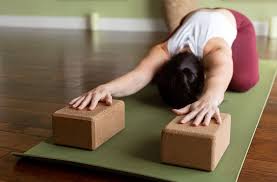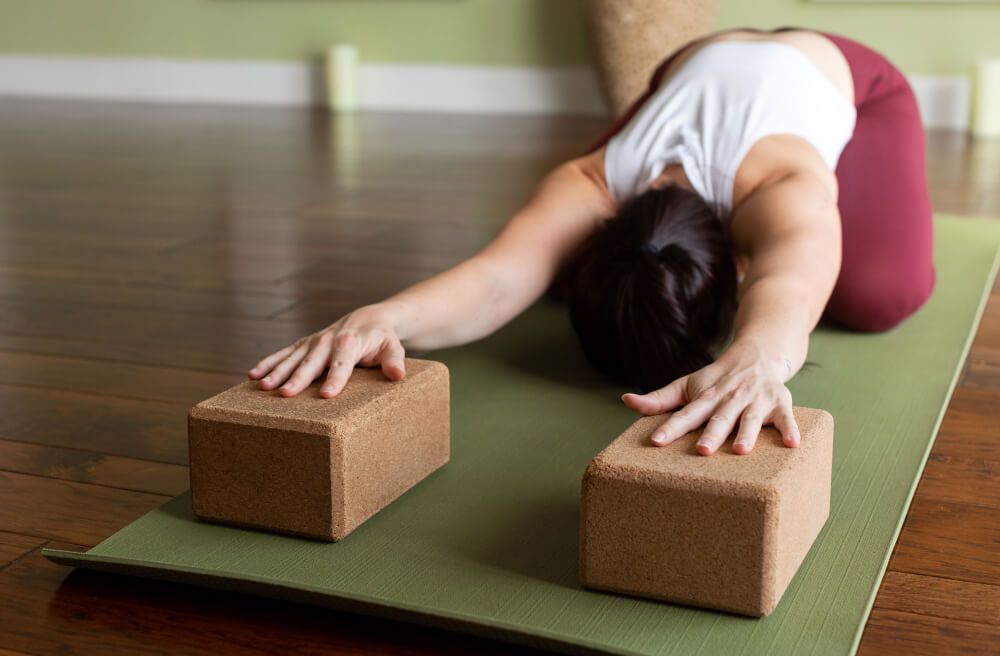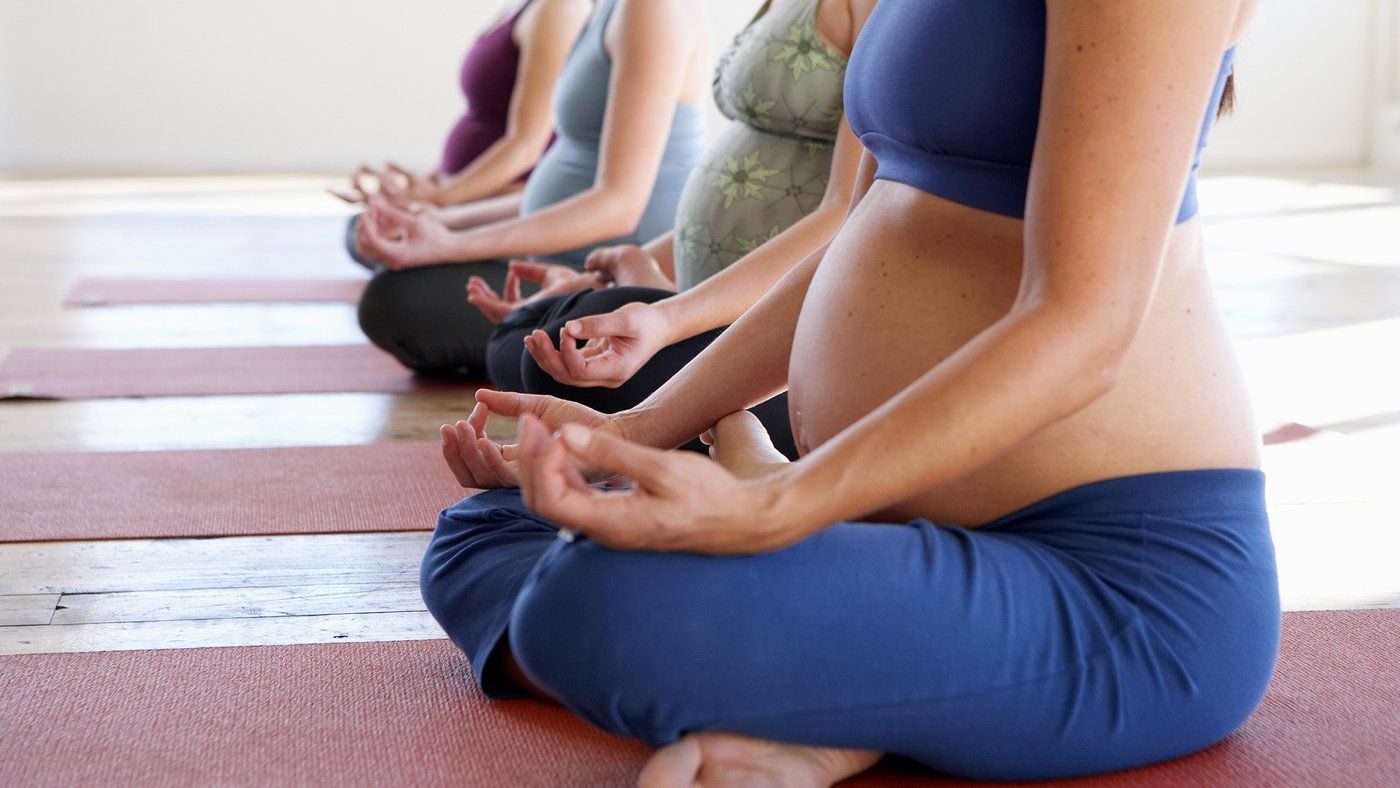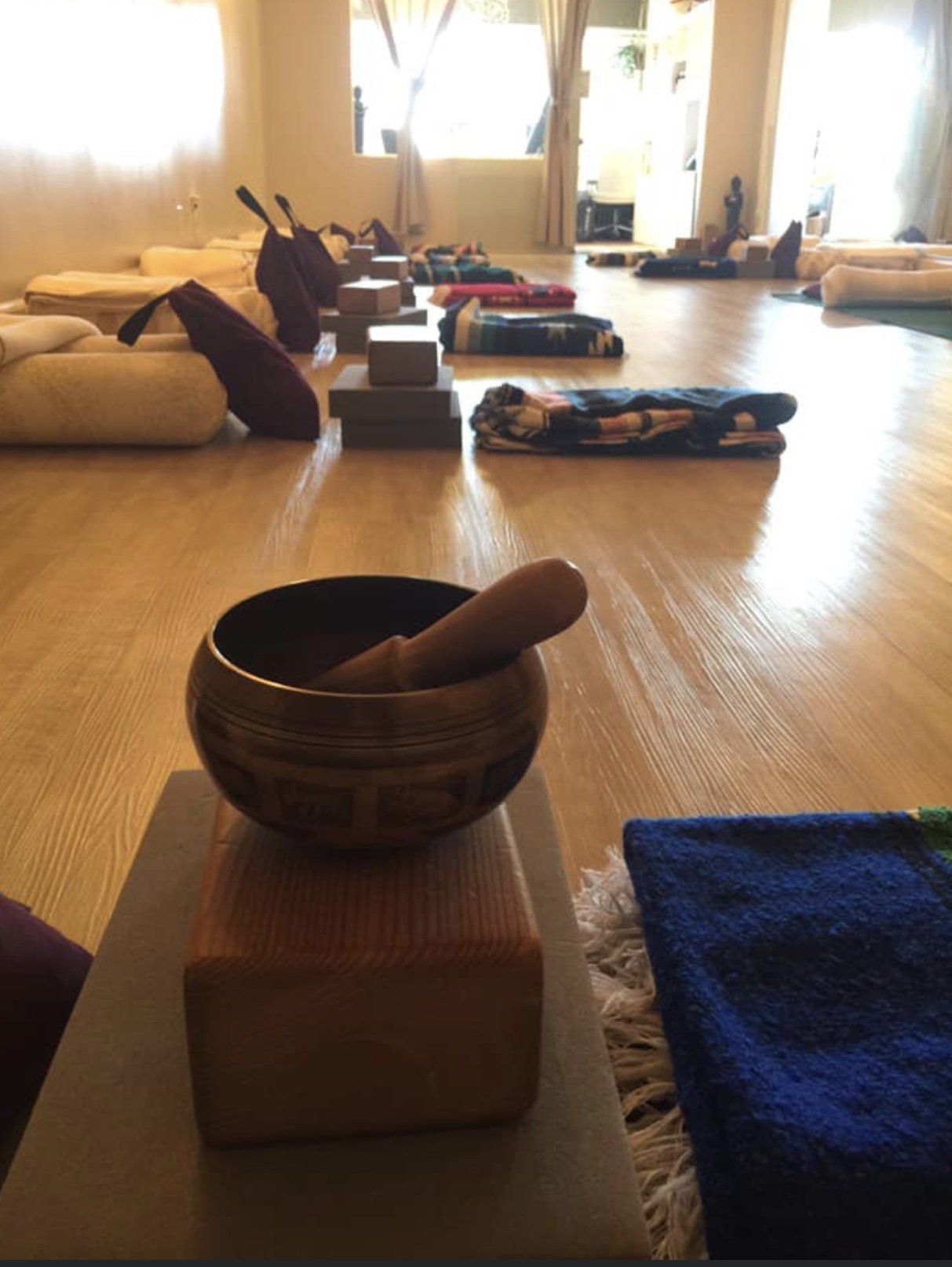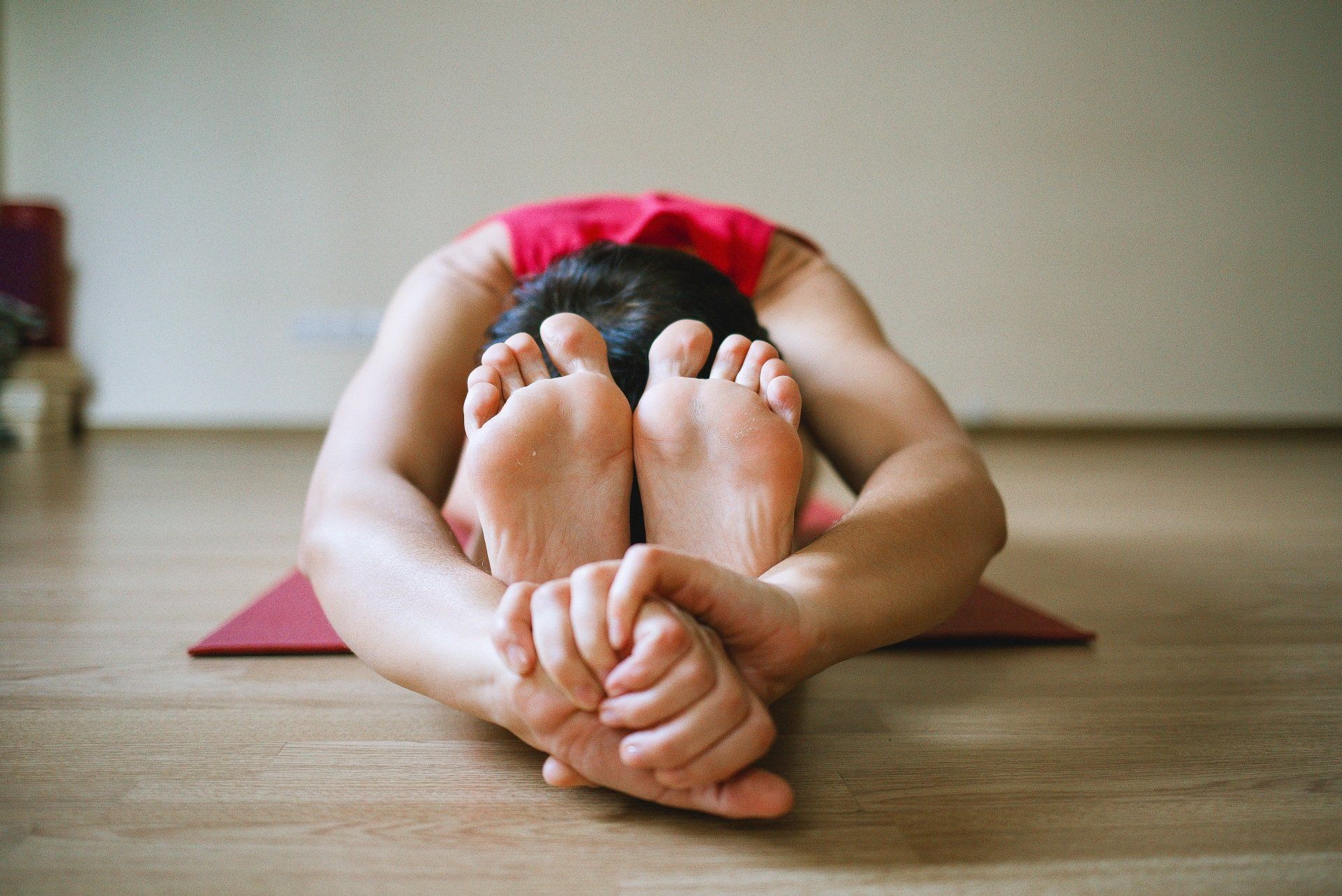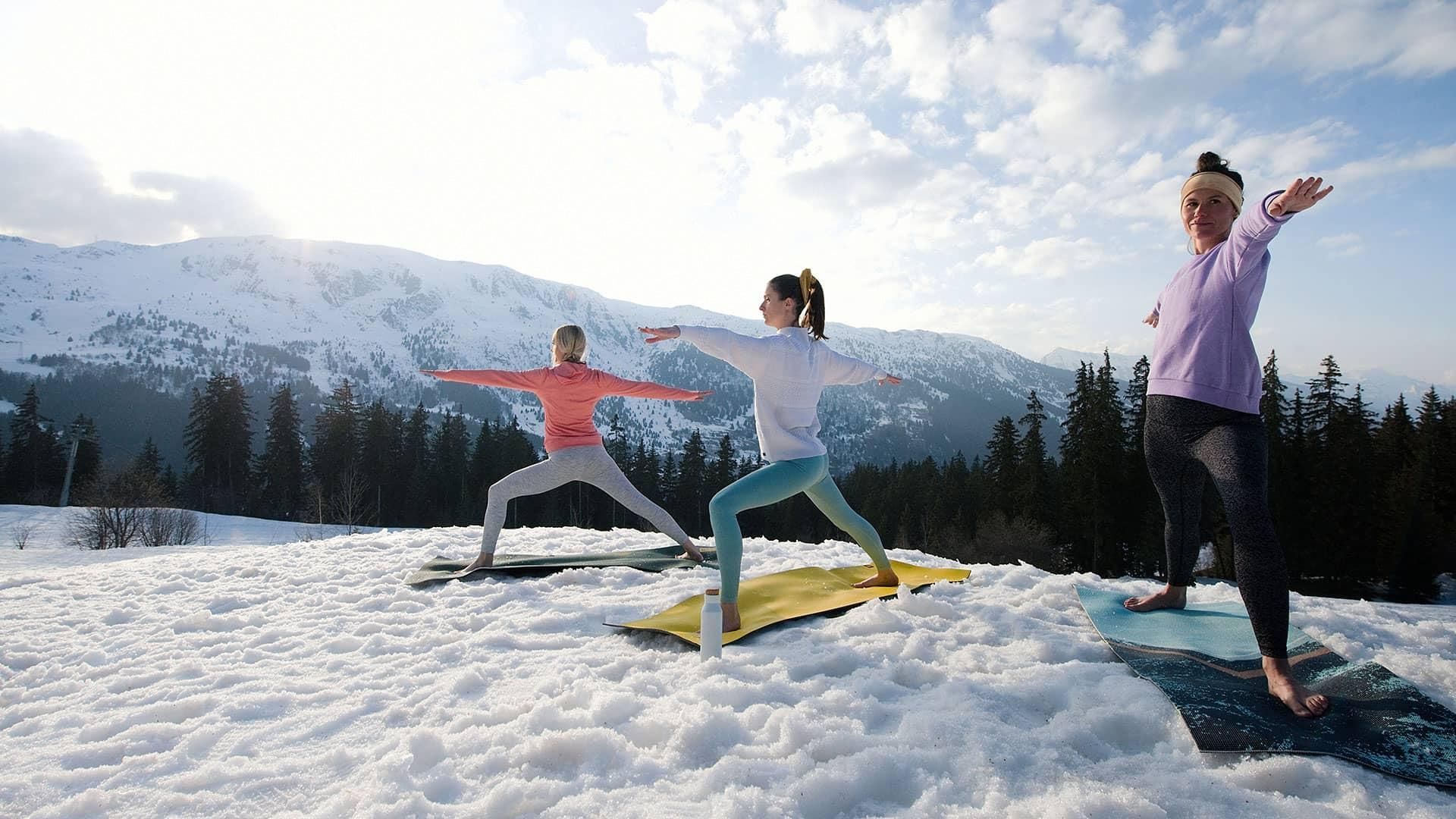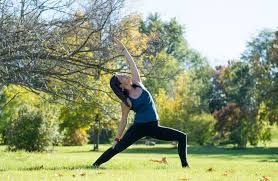Top 5 Ways Yoga Can Help With Anxiety
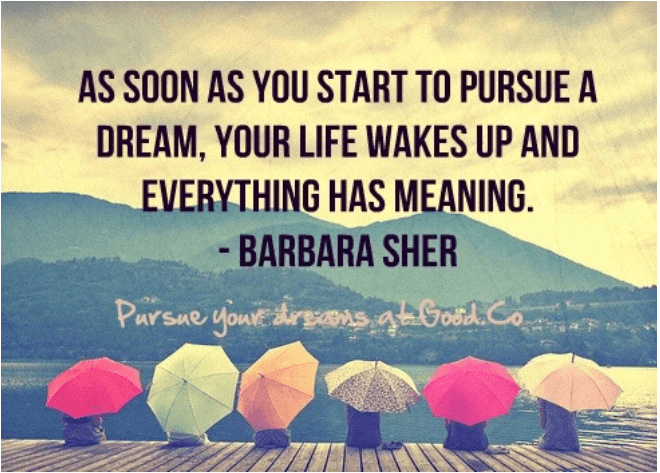
Living with anxiety can feel debilitating. You tend to hold your breath
frequently, your body tenses and cortisol levels rise. These all inhibit you from
feeling safe and reacting rationally. A term “emotional flooding” can be used.
When we experience some kind of life threat our survival instincts are triggered
and we race off to flight, fight or freeze mode. If we are living with anxiety we
quite often find ourselves here on a regular basis….but we don’t have to live
this way and there is quite a simple solution; YOGA
. This ancient practice of
coming back to one’s true self has countless benefits for living any life we could desire. Here are the top 5 reasons
why you should be practicing yoga if
you are living with anxiety.
- Breath - No doubt you have heard this one before, have you really given it a good chance? Your breath is your greatest source of self care and healing. We have the ability to control it and use it at any minute. Coming back to your breath allows you to focus on simply breathing and nothing else. Deep, full belly breaths activate your parasympathetic nervous system telling your brain you are safe. Try this one; Box Breathing….breathe into the count of 4, hold for 4, breathe out for 4 and hold for 4. As you do this you may want to close your eyes and picture your breath going around in a box shape. Repeat as many times as feels good for you.
- Notice - Slow down, and intentionally notice your surroundings. This act will ground you and allow you to stay present in the moment, the place where life truly exists. Notice the space, the sounds, the temperature, take it all in. How does that make you feel? Feel, observe, are you safe? If you are safe take a breath and move onward, you are grounded now, cortisol levels are down and you are ready and feel strong to go forward.
- Yoga Asana (poses) - Many poses such as child’s pose, standing forward fold and bridge pose have amazing benefits for the nervous, lymphatic and cardiovascular systems. These poses quiet the mind, slow things down, allow blood to nourish your brain and act as a form of therapy for high blood pressure….. to name just a few benefits. A regular yoga asana practice will prove it’s effectiveness almost instantly.
- Meditation - Any form of mediation and any length of meditation creates an immediate chance to focus, draw your attention to what is happening right now. What is happening right now may be as simple as, you are breathing in and you are breathing out. Meditation offers you an opportunity to establish an intention. This then allows you to create an opportunity and hopeful feeling of accomplishment. Feelings of self love, courage and confidence are anxiety busters. Close your eyes and picture yourself accomplishing something that would lead you to feel good….start small. When we mediate we are working with our thoughts, not trying to 2 May 7, 2017 silence them. When we are working with our thoughts it’s important to know there are 2 kinds of thoughts, those that talk to us telling us what we are doing, what we need to do, etc. The second kind of thoughts are the ones that are like movies, we are watching them instead of them being our internal dialogue. Guess what! You get to create what you tell yourself and what you choose to watch. Meditation is where you can go to do just that.
- Community
- It has been proven again and again that we feel better when
we are with others. Yoga fosters a community around you. You can go to
classes to practice yoga poses and learn breathing techniques, but what
you may not realize is you are benefiting so positively by simply being in a
space with others. We feel connection with and empathy for others. We
learn from and teach others. Confidence starts to creep up quickly and
you will notice yourself feeling better and better as all the feel good
hormones such as oxytocin and serotonin begin to flow through your
body.
Join Senior Yoga Therapy teacher Trish Robbins on Saturday May 13th for a 3 hour workshop on yoga for anxiety and depression.
